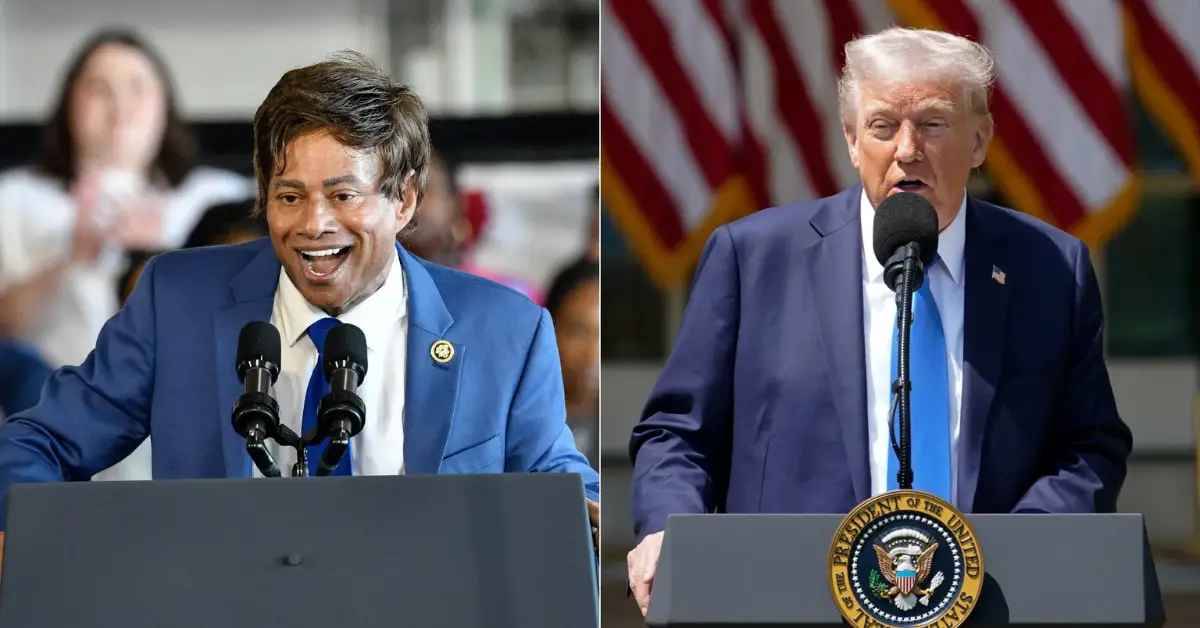Taxpayers across the country diligently pay their taxes, trusting that their contributions will be spent wisely to improve public services, infrastructure, and society’s overall well-being. However, recent reports have exposed how a significant portion of taxpayer money is being wasted due to poor management, excessive spending, and a lack of accountability.
As a result, citizens are left questioning whether their hard-earned money is truly being used for the greater good. In this article, we’ll explore some of the most glaring examples of how tax dollars are wasted and what needs to be done to stop this misuse of public funds.
One of the most significant areas of wasteful spending is in large government projects. Over the years, we’ve seen many infrastructure projects go over budget, sometimes costing several times more than initially estimated.
A prime example of this is the construction of roads, bridges, and public buildings that end up costing taxpayers millions more than expected. These projects are often delayed due to poor planning, mismanagement, or unforeseen circumstances, which add to the overall cost. In some cases, the scope of the project expands during construction, leading to further cost overruns. For taxpayers, this means they are funding projects that either take much longer to complete or fail to meet the original standards.
One of the primary reasons for these budget overruns is the lack of proper project oversight and accountability. In many instances, government officials and contractors involved in these projects fail to take responsibility for poor planning or mismanagement.
Instead of addressing the issues early on, they often push the problems down the line, leading to costly delays and rising expenses. In the end, taxpayers bear the burden of these mistakes. Government agencies, in turn, make minimal efforts to correct these inefficiencies, leaving citizens frustrated and wondering why their money is being spent in this manner.
Another area where tax dollars are often wasted is through government programs that fail to achieve their objectives. Many public health, education, and social welfare programs are intended to improve citizens’ lives.
Unfortunately, too many of these programs fall short of their goals due to poor implementation, lack of resources, and ineffective management. Money that was originally allocated to help the public often ends up being wasted on administrative costs, inefficient systems, and programs that don’t address the people’s real needs.
For example, a significant portion of the funds designated for healthcare programs is often spent on paperwork, bureaucracy, and administrative overhead rather than on improving healthcare services. This misallocation of funds undermines the program’s purpose, leaving citizens without the support they need.
Similarly, public education programs have been criticized for spending huge amounts of money without producing the desired improvements in student outcomes. These failures frustrate taxpayers who expect better results from the money they have contributed.

In addition to poorly managed programs, another issue is excessive spending on military and defense contracts. Although the defense sector receives a substantial portion of taxpayer dollars every year, many defense contracts have been criticized for excessive spending on overpriced military equipment, unnecessary projects, and poor execution.
In some cases, the government has paid far more for equipment than necessary, leaving taxpayers to pay the inflated costs. Additionally, some projects within the defense industry have been poorly managed and have failed to meet deadlines or provide the expected benefits.
For instance, defense contractors have often been found charging the government exorbitant amounts for items such as weapons, aircraft, and other military technology. These overpriced contracts have cost taxpayers billions of dollars over the years. The lack of competition in some cases also allows companies to inflate prices without fear of losing the contract to a competitor. As a result, taxpayers are stuck funding these overpriced, poorly executed defense projects.
The government’s spending habits extend beyond just large projects and defense contracts. Excessive spending on government perks and administrative costs is another significant area of waste. Many government agencies allocate a large portion of their budgets to lavish office spaces, unnecessary travel expenses, and excessive salaries for public officials. These expenses are often hidden from public view, making it difficult for taxpayers to track how their money is being used.
For example, some government offices spend large sums of money on maintaining lavish office spaces, complete with expensive furniture and decoration. Public officials, too, sometimes enjoy extravagant travel allowances, flying first-class or staying in luxury hotels while attending meetings or conferences.
These perks are paid for by taxpayers, yet they offer little or no tangible benefit to the public. Such excessive spending on non-essential items depletes funding that could be better used to support vital services, such as healthcare, education, or public infrastructure.
Lack of transparency is another contributing factor to the waste of tax dollars. Many government departments and agencies do not provide clear and detailed reports on how they spend their budgets, leaving citizens in the dark about where their money is going. Without transparency, it becomes nearly impossible for taxpayers to hold government officials accountable for wasteful spending. This lack of accountability allows inefficiencies and waste to continue unchecked.
In some cases, even when reports are provided, they can be difficult for the average citizen to understand. Complex financial reports, filled with technical jargon and confusing numbers, make it hard for the public to see where money is being misused.
Government agencies should provide clearer and more accessible information to ensure that citizens can track how their tax dollars are being spent. Only then can we hold the right people accountable and demand changes where necessary.
Despite these concerns, efforts have been made to reduce wasteful spending. Some government initiatives have been implemented to improve transparency, increase efficiency, and cut down on unnecessary expenditures.
For instance, some local governments have started implementing stricter budgeting rules and oversight to ensure that public funds are spent more responsibly. Additionally, some programs have been restructured to eliminate inefficiencies and ensure that resources are being directed toward their intended purposes.
However, these efforts have not been enough to address the broader issue of wasteful spending. Greater accountability, stronger regulations, and more robust monitoring are needed to ensure that tax dollars are being spent wisely. Citizens must stay informed and demand better management of their tax money. Only through active participation and vigilance can we hope to see a reduction in wasteful government spending.
The waste of taxpayer dollars is an ongoing issue that needs to be addressed. From overbudget projects and inefficient government programs to excessive perks and military spending, the misuse of public funds is widespread. Greater transparency, accountability, and proper oversight are essential to ensure that tax dollars are being used effectively. As taxpayers, it is our right to demand better management of our money and expect that it will be spent on initiatives that genuinely benefit the public.
Disclaimer: This article has been meticulously fact-checked by our team to ensure accuracy and uphold transparency. We strive to deliver trustworthy and dependable content to our readers.




